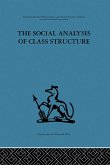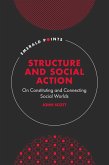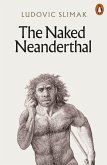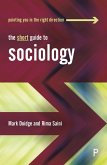This book is about constructing a theory of historical change. It develops a methodology for comparative historical sociology. As much as the god-loving, hard-working, entrepreneurial, penny pinching, in short, "e;expansive"e; impulse of the yeomen, it was the lack of resilience of society, the so-called feudal society that led to the enclosures, the parliament and eventual pluralism in England. In contrast, the French village was strongly shaped by the feudal relations which secured the peasant resilience in the face of the commercial impulses of the new capitalistic classes. The state could play the major roles in the opening new societal avenues and remedying the stillness of the new economic classes in the countryside. Our model suggests that the transitional stage in a process of transformation is governed by a see-saw between the organizational capacity of the new interests to expand and the resilience of the pre-existing institutions in resistance. Central to our model is the tenets of organizational sociology.
Dieser Download kann aus rechtlichen Gründen nur mit Rechnungsadresse in A, B, BG, CY, CZ, D, DK, EW, E, FIN, F, GR, HR, H, IRL, I, LT, L, LR, M, NL, PL, P, R, S, SLO, SK ausgeliefert werden.









